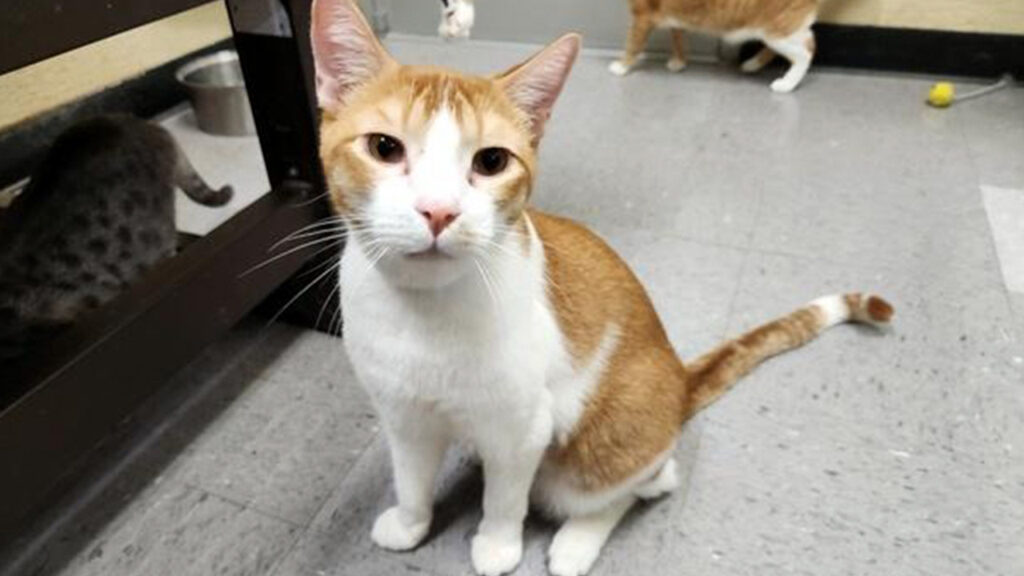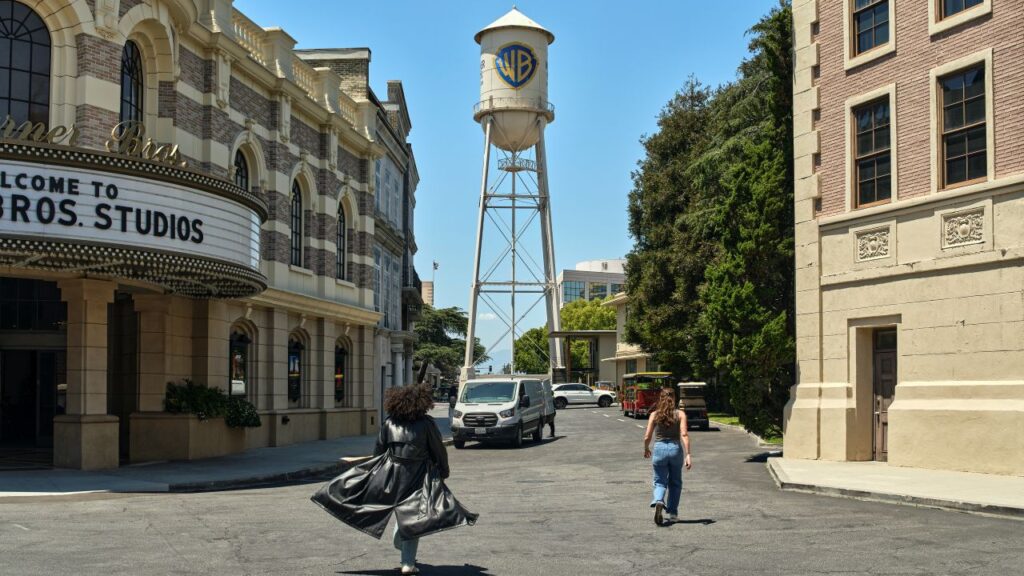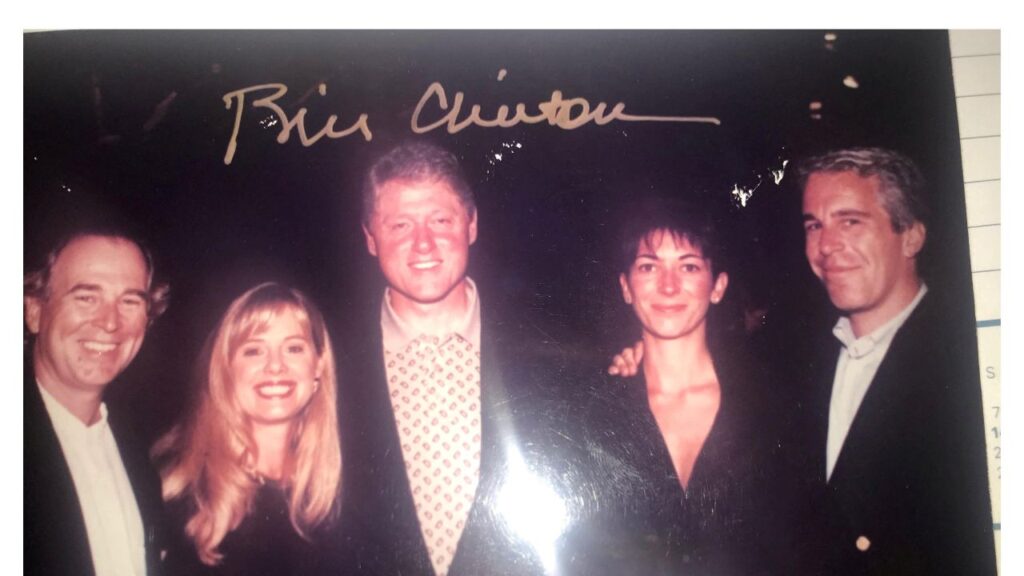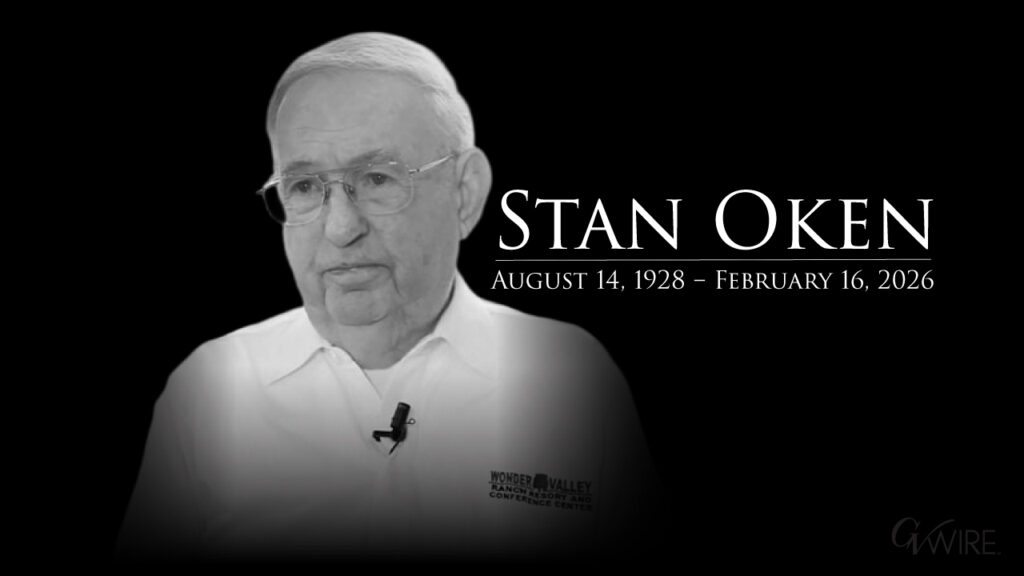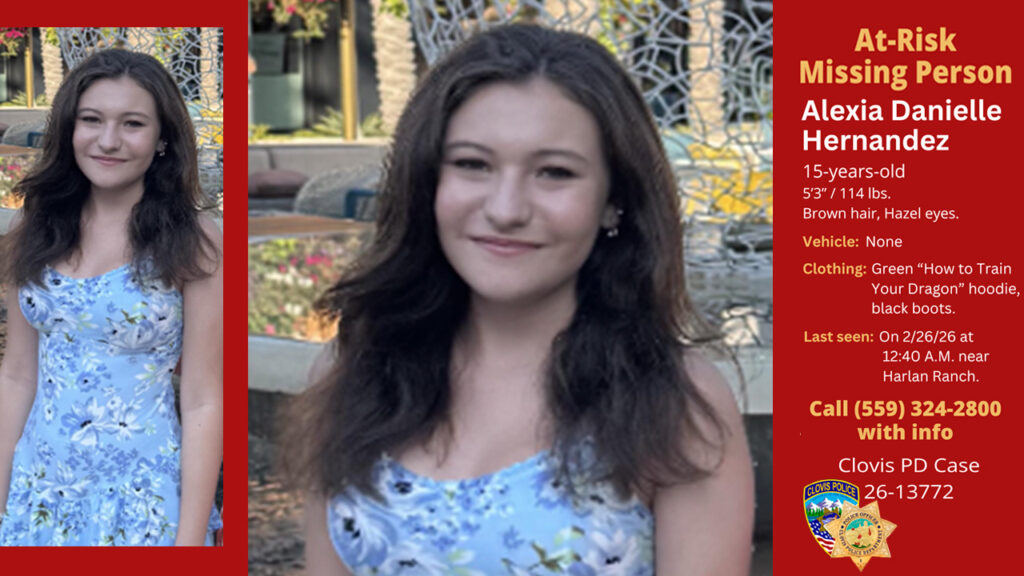Share

Keith Wilson
Special to CalMatters
A potential solution to reduce homelessness and ease the effects of climate change came from a man living in a San Diego canyon.
Mark had built an apartment-like camp in a drainage tunnel on the Allen Canyon Nature Trail in Mission Hills. It had a wooden floor, a couch, a dresser, a broken coffee maker and a shattered TV.
He had weapons to defend his home, and a five-gallon can of gasoline for cooking. The gas can was uncovered and stored at the base of the canyon where nearby hotel guests occasionally flick their cigarettes.
San Diego’s canyons are some of the most high-risk fire zones in the region, according to Cal Fire. Scared that Mission Hills might burn, including areas that could contain Kumeyaay tribe artifacts, Mark and 500 gallons of trash were removed by the city – but not before Mark said something unforgettable.
“Your efforts to clean this canyon aren’t going to work,” he said. “Yeah, I will get kicked out of here at some point. But all you are doing is making the canyon nice for the next homeless person. What you really need to do is to clean the canyon and then make sure people use the nature trail every day.”
Mark, an expert on living outside, suggested a way to ease homelessness and protect the environment. His words inspired a three-year mission to find funding and an organization willing to develop an environmental restoration skills training program for San Diego’s unsheltered population.
Both worked. Earlier this year, six people at risk of homelessness – mostly women – were paid living wages by San Diego Canyonlands to form the first Environmental Career Opportunities, or ECO, habitat renewal training team.
Three participants graduated, and two eventually landed jobs. They went from living in cars to earning a living in six months.
One of the team members, Angel, recently took a break from pulling invasive weeds in Mission Hills Canyon to share part of his life story.
“Back in 2015, I was in a space so dark that I didn’t even recognize myself. I started self-harming, and making suicide attempts. The cops are always being called, and putting me on 5150 holds,” he told me. “After that, my family didn’t want nothing to do with me. They threw me to the street. It was my freshman year of high-school.”
The 24-year-old’s legs nervously rocked a bit as he sat on a sewer manhole cover.
“It was hard, and I tried to get run over on the freeway,” Angel continued. “So, they put me in a psychiatric hospital to see how stable I am, and how they might support me. And it went from there.”
After bouncing around group homes with other young adults going through similar things, Angel started abusing alcohol. He was 18 at the time.
He eventually received treatment and support services that helped him get sober and housed in a small downtown apartment. Angel joined the ECO initiative in June, as part of the second cohort, and said he already feels the shift.
“I still go through tough situations, but now it doesn’t stop me from helping my teammates and my community. Those bonds can lift you up,” he said. “Now I have a new family – my work family. They look out for me, and they care about me. It’s the first time that has happened for me in a long time. Now I look ahead.”
Many of his teammates still lack shelter, spending each night in a scary, lonely spot.
But in the morning they perform warm-up exercises in the bright sun before grabbing their tools and gardening together, reducing wildfire risks, improving air and water quality, and helping endangered species survive.
In turn, they are helping themselves survive, and enhancing the mental and physical health of anyone who enjoys a nature walk.
Perhaps Mark would be proud of this work. There’s a job for him. With 200 San Diego canyons needing this level of care, there are jobs for 1,000 people like Mark and Angel.
About the Author
Keith Wilson is the director of strategic development for San Diego Canyonlands.
Make Your Voice Heard
GV Wire encourages vigorous debate from people and organizations on local, state, and national issues. Submit your op-ed to bmcewen@gvwire.com for consideration.
About CalMatters
CalMatters is a nonprofit, nonpartisan newsroom committed to explaining California policy and politics.
RELATED TOPICS:
Categories
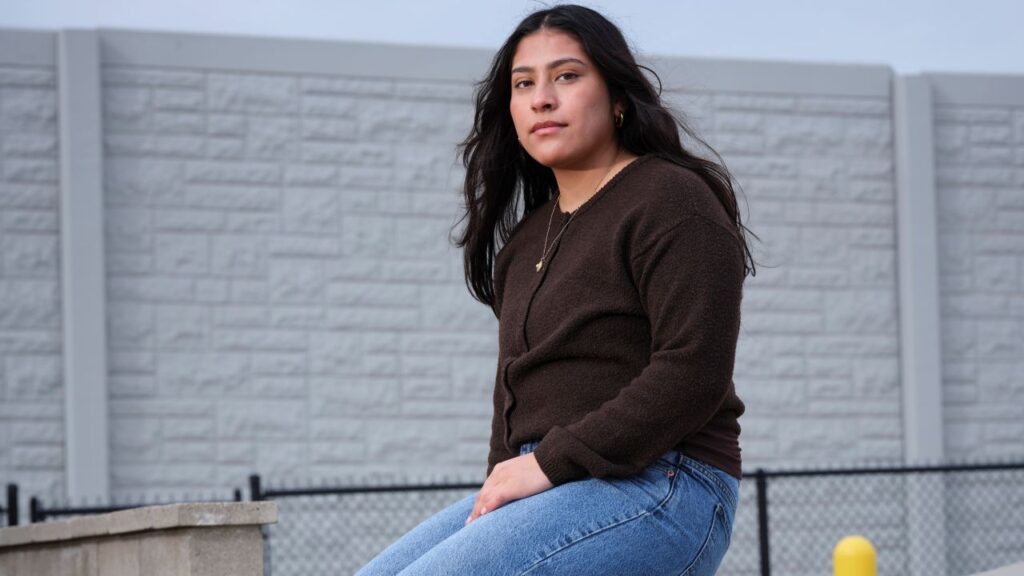
The Birth Rate Is Plunging. Why Some Say That’s a Good Thing
